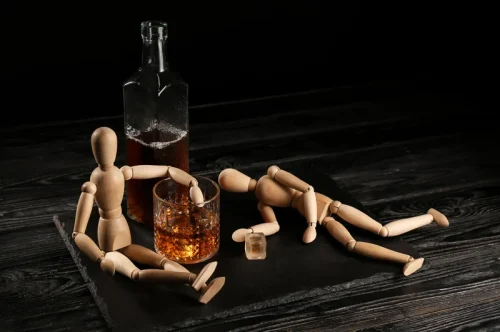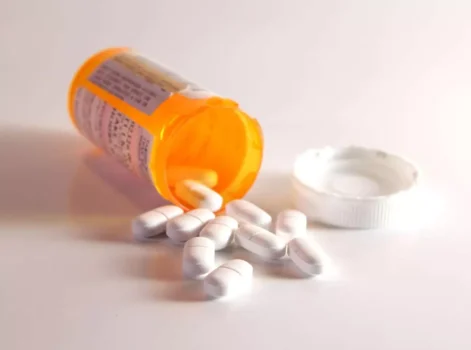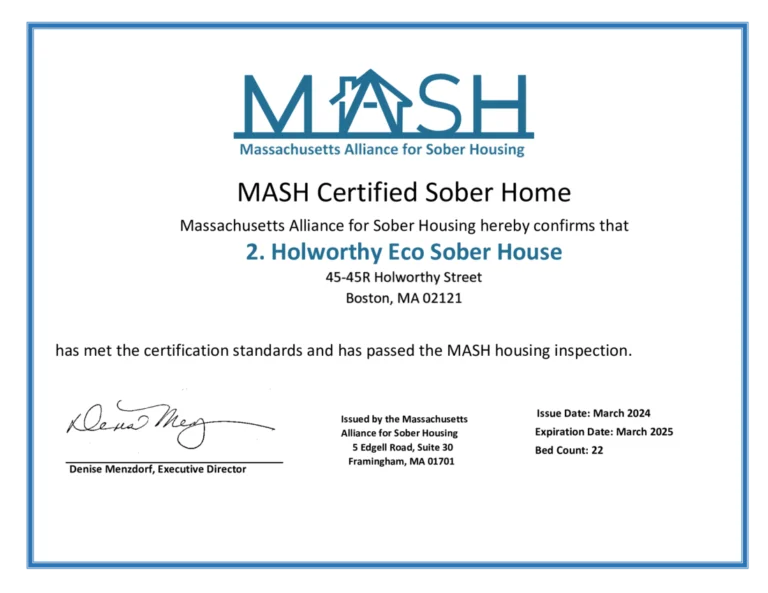
In order to get the outcome you are searching for, you must first educate yourself and sharpen your skills. If you want to have a difficult recovery and find yourself face to face with a relapse, then just jump into it. But, if you want to have a great chance at a successful recovery, then get prepared with these sober living tools and skills. By tracking your progress and celebrating milestones, you can stay motivated, reinforce positive habits, and continue on the path to long-term recovery. Additionally, sharing the checklist with a sponsor or supportive individual provides extra accountability and support, allowing for valuable feedback, guidance, and reassurance.
The Science Behind Alcohol Addiction

This may include taking breaks throughout the workday or seeking outside support if necessary. One of the best ways to stay sober is to find new hobbies and activities to replace old habits. This can include anything from painting to hiking to podcasting. Additionally, https://ecosoberhouse.com/ joining a hobby group or club can provide a sense of community and support. Identify your triggers and stressors and develop a plan for how to cope with them. This can include practicing self-care, reaching out to your support system, or seeking professional help.
Embracing a Healthy Lifestyle
Your support network can also help you identify triggers and stressors and provide guidance and encouragement when you need it most. Addiction can significantly impact your life, health, and relationships. It can lead to financial problems, legal issues, and health complications. Addiction can also damage your relationships with your loved ones and cause you to lose your job or face other negative consequences. The cost of addiction is not financial; it can also take a toll on your mental and physical health, leading to depression, anxiety, and other health issues.
- We do not and have never accepted fees for referring someone to a particular center.
- There was no time to allow my mind to wander to dark places.
- Replacing a negative behavior such as substance abuse with a positive behavior gives you a better chance at success.
Healthy Habits and Lifestyle Changes
I have a second chance at life because for a while there, that didn’t seem like it was going to continue. So it’s like, I gotta put 100% into everything I’m doing. At work, it’s like, don’t complain, put your head down, work hard, do what you’re told, and eventually it’s gonna pay off.” However, long-term sobriety is more attainable when you have help. Support can come from a counselor, your sober living peers, sober friends and family, support group members, church friends, and even on-line communities.
- It helps individuals stay on the path of recovery, providing them with strategies to manage their cravings and cope with the challenges of sobriety.
- The recovering addict most probably will have to change his or her lifestyle (no more hanging out with friends who like to party) and avoid triggers that could cause a relapse.
- The commitment to aftercare is not just about maintaining sobriety but also about redefining life in a healthier and more fulfilling way.
- Counseling and therapy can be an effective way to address underlying issues that may contribute to addiction.
Consequences of Alcohol Addiction
In this section, we will discuss the importance of involving family and friends, the role of professional support, and the benefits of online and community resources. Having a friend or loved one provide support and encouragement during the withdrawal process can be crucial in staying on track. By taking these steps, you will be better equipped to face the challenges of quitting alcohol and staying motivated throughout your journey. Alcohol addiction develops as the brain becomes accustomed to the neurochemical changes caused by alcohol, leading to physical dependence and intense cravings.
Post-Withdrawal Recovery

Set boundaries and communicate them clearly to others, informing them of your commitment to sobriety. Take regular breaks throughout the day to rest and recharge, avoiding excessive stress or burnout. Begin each day with a healthy breakfast, tips to quit drinking such as a balanced meal of fruits, whole grains, and protein. Combining therapy with support groups can greatly improve your odds of success. Therapy combined with an AUD program tends to lead to a high recovery success rate.
Your recovery story starts with Sober Steps – One call, a lifetime of change.

Incorporating healthy habits into our recovery journey is essential for maintaining sobriety, and a daily sobriety checklist can be a powerful tool to help us stay on track. Get ready to embark on a transformative journey towards a healthier and more fulfilling life. Creating a daily sobriety checklist involves several key steps. First, identify your goals and objectives in recovery, whether they are staying sober, improving relationships, or focusing on personal growth. Establishing a daily routine helps bring structure and stability to your life, providing a solid foundation for recovery.

How Is Recovery.com Different?

By including physical exercise in your daily routine, you can enhance your recovery journey and improve your overall well-being. By identifying goals and objectives, you can focus efforts on areas that need improvement and track progress towards a fulfilling and healthy sober lifestyle. In addition to counseling, many individuals also seek help from treatment programs. For example, the aforementioned author sought help from Physician Health Services (PHS) and entered an inpatient treatment program for alcoholism.
It also gives you a sense of purpose that can help you stay focused. If you recently had surgery or an injury, your doctor will be careful with the pain medication they give you, because some of those drugs can make you more likely to relapse. Ask your doctor about nonmedical ways to manage your pain, like massage or acupuncture. This may mean that you don’t spend time with someone you used to use drugs with or go somewhere you used to drink. You might take a new way home from work, for example, to keep from going past your favorite old hangout.
